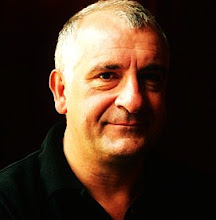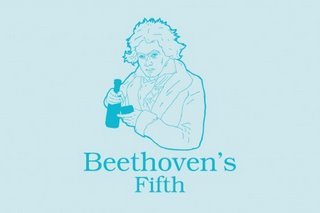Argumentum ad náuseam: Es un tipo de falacia dirigida a las emociones en el que las personas creen que una afirmación es más probable de ser cierta o más probable de ser aceptada como verdad cuanto más veces ha sido oída. Esta falacia está dirigida a las emociones porque el hastío o ad náuseam que se genera subjetivamente o en cada persona por la repetición de la afirmación es tal que puede hacer cambiar el concepto de ésta sin llegar a escuchar ningún argumento válido. De esta manera, un argumentum ad náuseam es aquel que emplea repetición constante de una afirmación hasta que los receptores se convencen de esta. Este tipo de técnica falaz es usada mucho en política donde sin emplear argumentos, pruebas o evidencias de un hecho se repite una y otra vez la misma afirmación hasta la conversión. Sin embargo, por mucho más que se repita o más esfuerzo se ponga en hacerlo, esto no hace a la afirmación más real o verdadera. Esta falacia viene de la falsa creencia de que si alguien se molesta o dedica tanta energía para la repetición de un mensaje es porque éste debe ser más veraz que otro que no se molesta o puede rebatirlo.
ABOUT GUELYLAND
"One of the smallest , independent kingdoms in the ciberuniverse. Nothing fancy. Population? Just me, myself and my jaguars, my movies and my books (and, at this very moment, YOU). Hided and secret like Skull Island or Opar, the ancients in Guelyland use to read the scrools of a minor god called Voor-Hes.
Most of the treasures of Guelyland are made of paper, plastic and vinyl.Guelyland dreams with expanding in deep more then in surface. The music of Nik Kershaw has been heard here. There are apes, lots of apes in Guelyland. Woody Allen and Bob Hope visit it quite often. Here we love books (the Kingdoms Library is both celebrated and secret) Here we are atheists but very tolerant and think of god a bit too often and much. Guelyland is, the stuff my dreams are made of..."
MAY I INTEREST YOU IN SOME...
In english
(198)
En español
(124)
Movies
(109)
Ideas
(85)
Foto
(42)
Literatura
(36)
Humor
(35)
Cine
(33)
Music
(32)
Libros
(30)
Books
(24)
TV
(22)
Classic Popcorn
(17)
Religión
(16)
Guelylandsong
(15)
Borges
(14)
Marilyn
(14)
Art
(12)
History
(12)
animals
(12)
Albumes
(10)
Harrison Ford
(10)
Jaguares
(10)
Black Book
(9)
Tony Curtis
(9)
Brando
(8)
Woody Allen
(8)
Vargas Llosa
(7)
Comics
(6)
Guelylanders
(4)
Inolvidables olvidadas
(4)
Jean Book
(4)
Planet of the Apes
(4)
Ribeyro
(4)
Antología del cuento fantastico de Caillois
(3)
King Kong
(3)
Soundtracks
(3)
Dustin Hoffman
(2)
Jennifer Connelly
(2)
La Biblioteca de Babel
(2)
Paris
(2)
Voyages
(1)
PEOPLE WITH TASTE. YOU CAN BE ONE OF THEM!!
Tuesday, June 23, 2009
IDEAS Y PREJUICIOS #1: Argumentum ad náuseam
Estuve leyendo un poco sobre los prejuicios y la lógica. No voy a presumir de ser un experto en la materia pero si puedo aportar (lease copiar, transcribir) algunos puntos que en algún momento nos pueden servir para pensar y razonar mejor.
Subscribe to:
Post Comments (Atom)
WATCH ME, WATCHING YOU WATCHING ME




















































































No comments:
Post a Comment